Speech: Business climate to be further improved
Foreign Minister Wang Yi's wide-ranging policy speech at the 60th Munich Security Conference highlighted China's role as a "stabilizing force", which demonstrates the consistency and credibility of the country's foreign policy, analysts said.
Amid escalating geopolitical conflicts and sluggish world economic recovery, China's latest diplomatic efforts and policy statements help shore up expectations for upholding multilateralism, revitalizing China-European Union cooperation, and averting a return to the Cold War mentality, according to observers.
In his speech on Saturday at the conference's "China in the World" session, Wang focused on advancing cooperation with major countries and economies as well as the vast number of Global South nations, and he addressed hot spot issues such as the Palestinian-Israeli conflict.
In addition, he warned against the fallout and backfiring that would be brought about by disengaging from China or seeking economic decoupling.
When highlighting "the urgent need of coordination among major countries to deal with turbulence in the world", Wang named the United States, Russia and the European Union.
On relations with the U.S., Wang said Beijing will firmly guard its legitimate rights and interests, oppose unreasonable suppression, work with Washington to carry out the consensus of the two heads of state, and advance the nations' relations along the right track.
The stable growth of China-Russia ties serves the common interest of both sides and "has a positive impact on the strategic stability of the Asia-Pacific and the globe", he said.
Regarding ties with the EU, Wang said the two sides "should rule out geopolitical and ideological disturbance and continue defining one another as partners rather than rivals".
When talking about the Palestinian-Israeli conflict, Wang said China calls for a faster pace in establishing an independent State of Palestine, and he emphasized the need to convene a larger and more effective international peace conference. He also underlined Beijing's consistent support for peace talks to resolve the Ukraine crisis.
From Friday through the weekend, Wang also embarked on bilateral talks on the sidelines of the conference, including meetings with Serbian President Aleksandar Vucic, German Chancellor Olaf Scholz, U.S. Secretary of State Antony Blinken and the foreign ministers of France, Argentina, Canada, Poland, Mongolia and Ukraine.
Scholz told Wang that Berlin stands against protectionism and decoupling, and is ready to work with Beijing to play a positive role in safeguarding peace.
After his one-on-one meeting with Wang on Saturday, Josep Borrell, the European Union's high representative for foreign affairs and security policy, said on social media that China "is an important partner to address the most pressing security challenges".
Cui Hongjian, a professor at Beijing Foreign Studies University's Academy of Regional and Global Governance, noted that this year's Munich conference has seen its agenda dominated by topics such as "de-risking", supply and production chains and scrutiny of foreign investment, and some Western countries are still advancing their plans to "de-risk" with regard to China.
"As Chinese officials and scholars take part in the discussions, they can help Europe better grasp its role in economic cooperation and better understand where the real risks come from," Cui said.
China remains committed to economic globalization and development through multilateral cooperation initiatives such as the Belt and Road Initiative, he added. "The West should also truly return to the path of seeking development through cooperation."
In his speech, Wang also said that China remains committed to greater opening-up to the rest of the world and offering more convenience to foreigners coming to the country for business, travel or education.
China will shorten the "negative list" for foreign investment and provide a more market-oriented, rule-of-law and internationalized business environment for enterprises from all over the world, including those from Europe, he added.
It would be a "historic mistake" to disengage from China in the name of "de-risking", Wang said, adding that "there is no possibility of reversing the general trend of economic globalization", and countries should make globalization more inclusive and beneficial for all.
China "sticks to providing more public goods to the world within its capacity", works earnestly to boost unity and collaboration among the developing Global South, and looks to further boost the influence of developing countries in global affairs, he said.
Liu Zuokui, deputy director of the Chinese Academy of Social Sciences' Institute of European Studies, said various parties should fully respect one other's security concerns, especially those of developing countries, and work to shape and improve a just and reasonable international order.








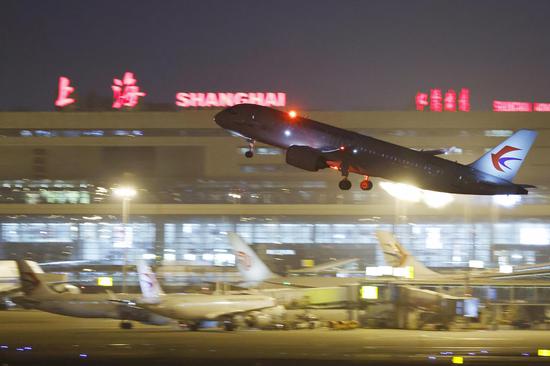
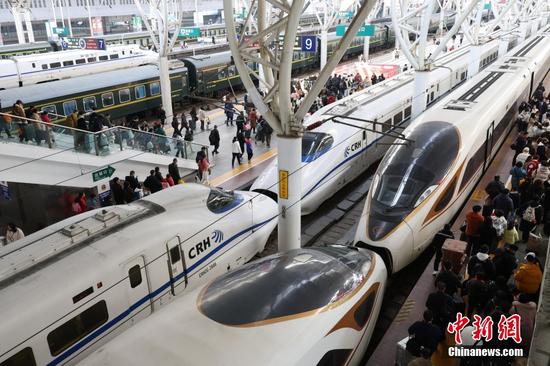
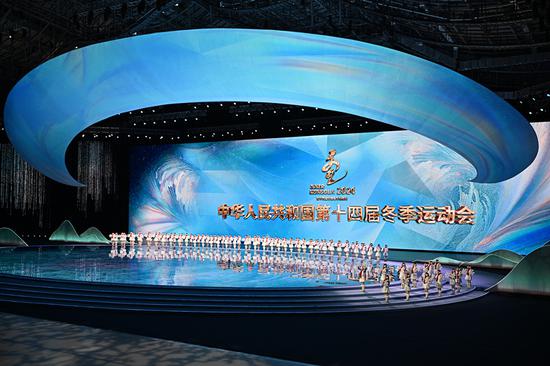

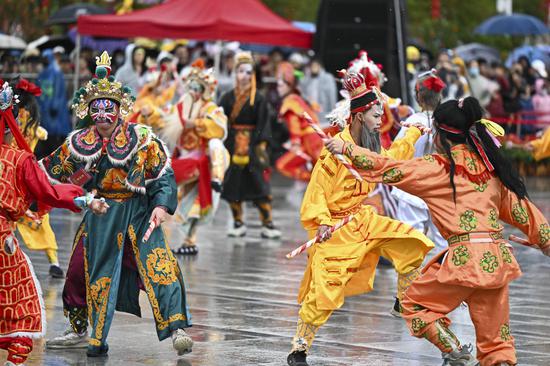

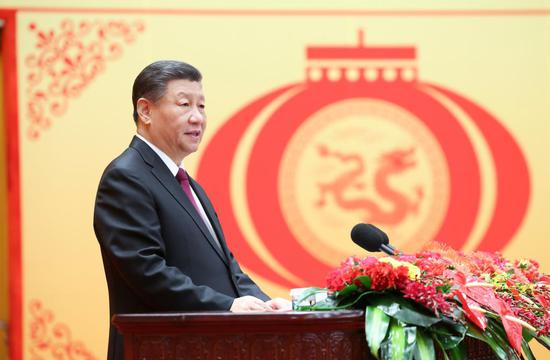
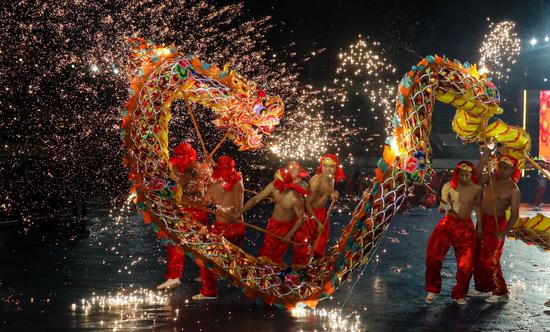

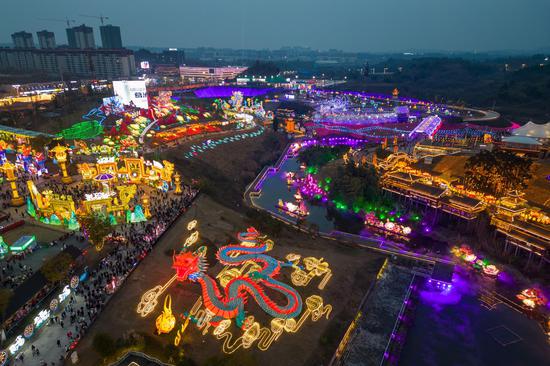
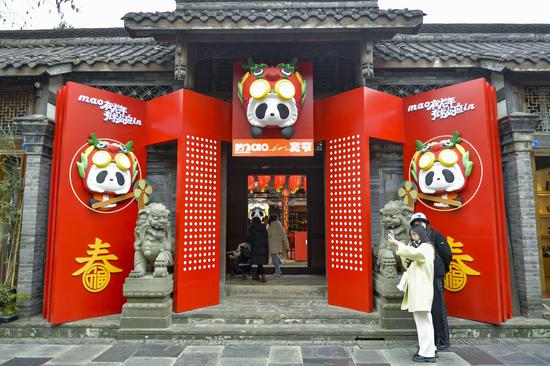


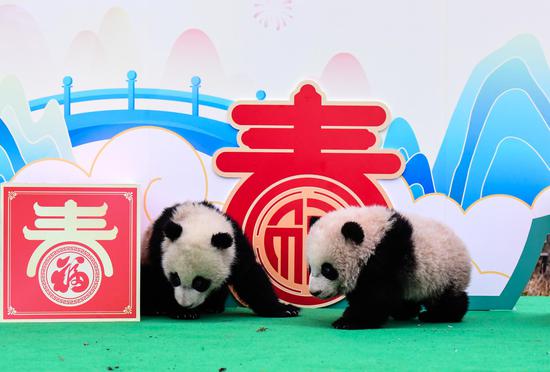



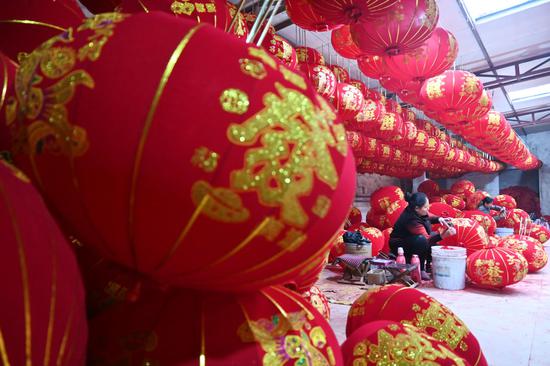
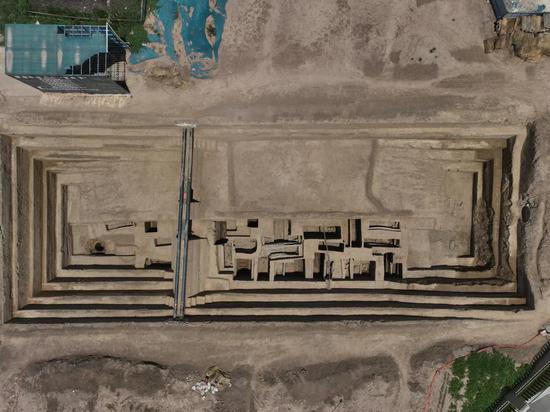
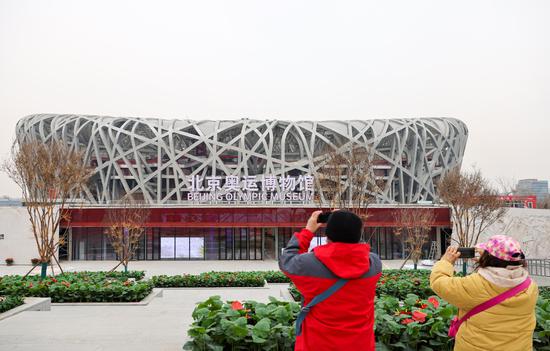
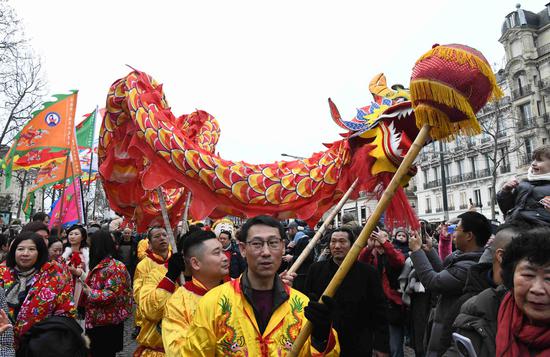
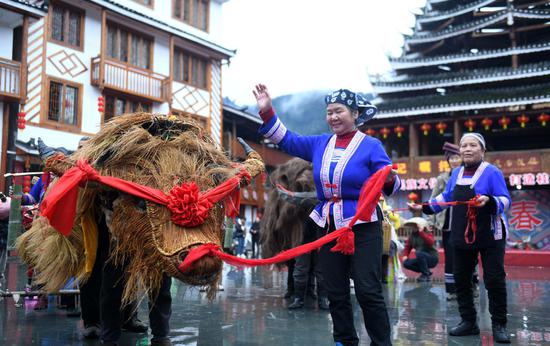
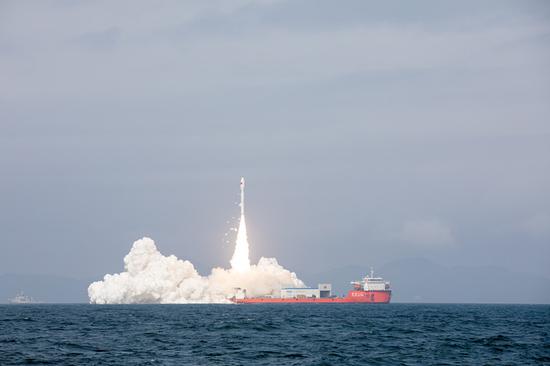
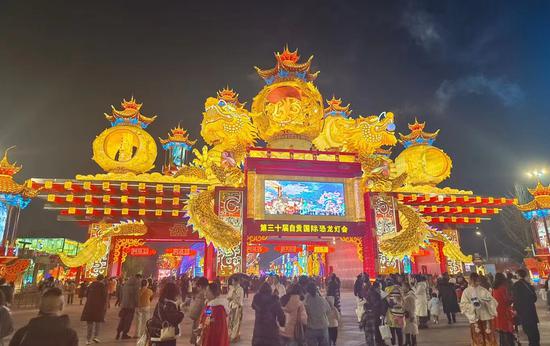

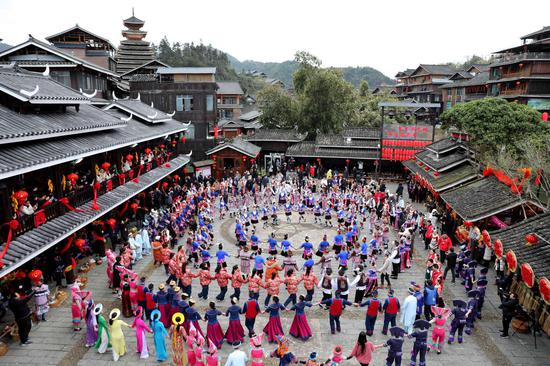
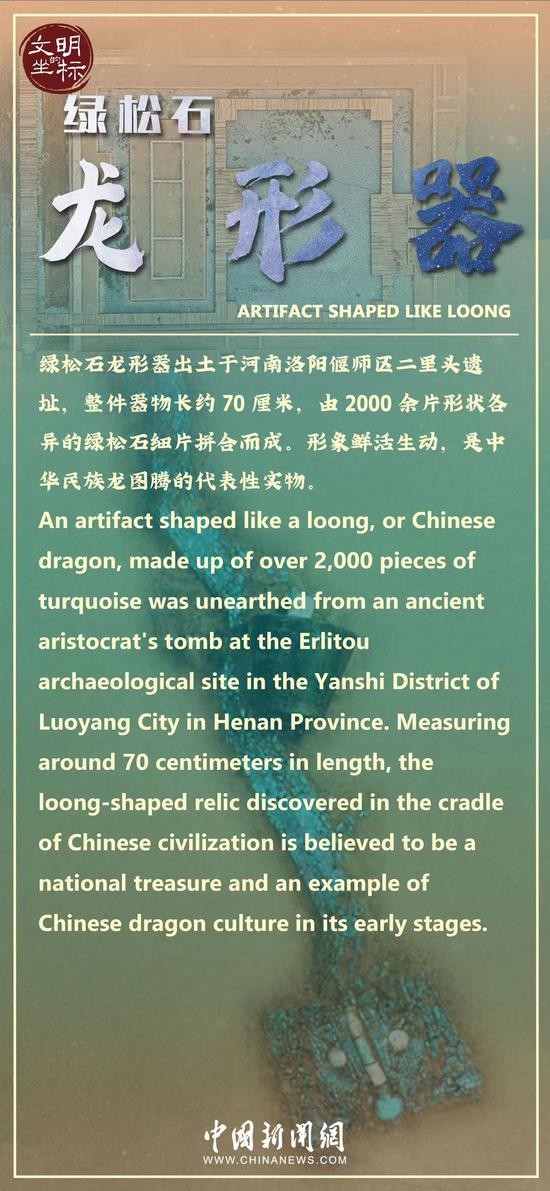
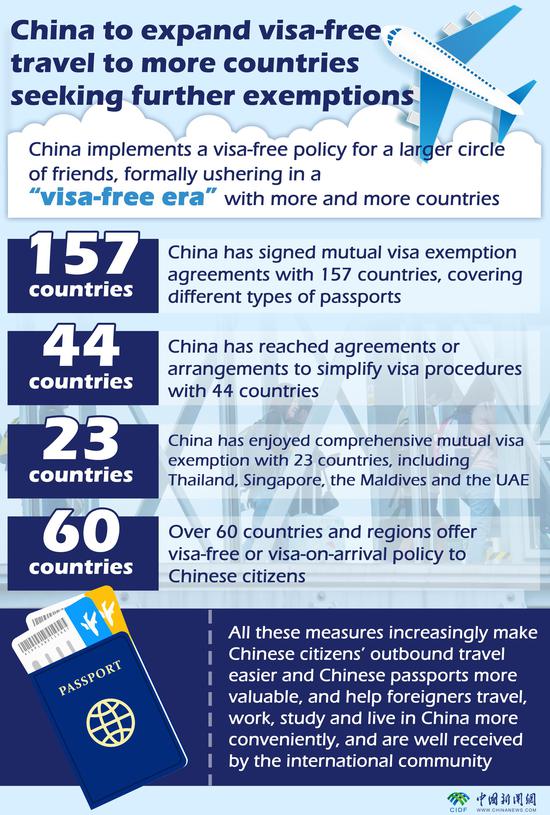
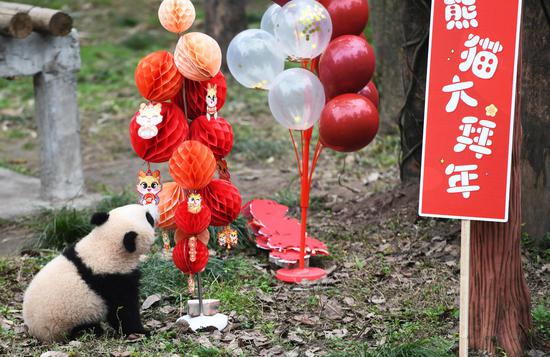
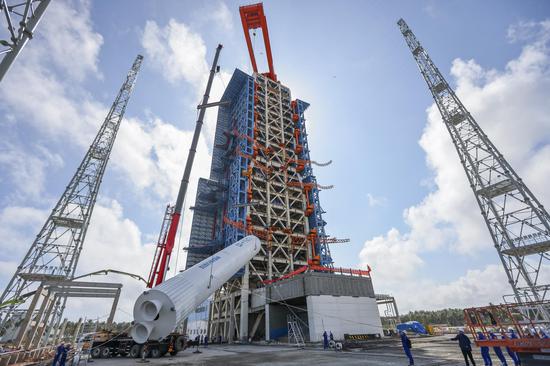
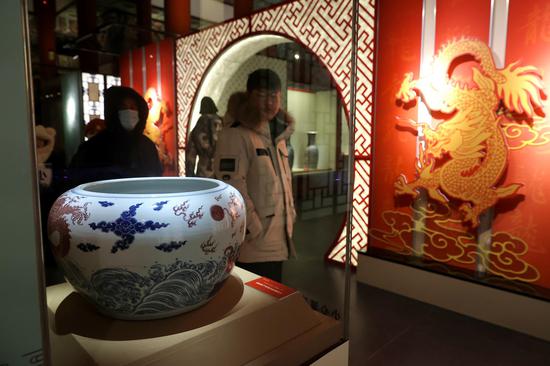


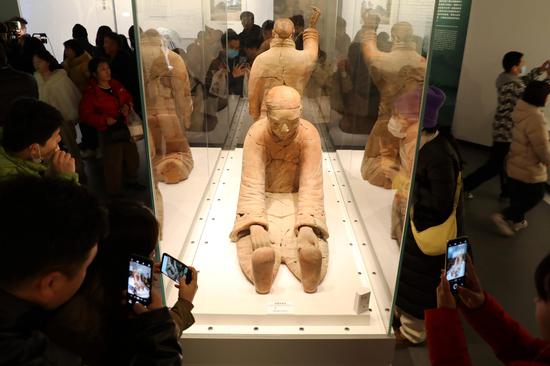
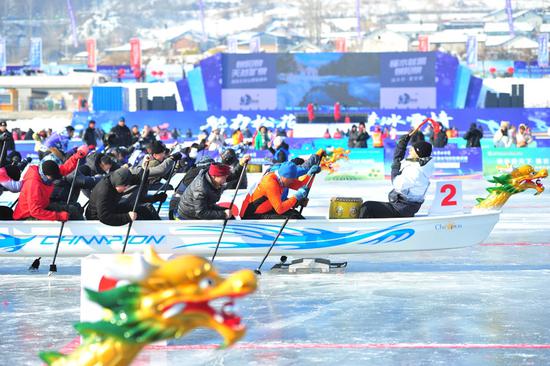







 京公网安备 11010202009201号
京公网安备 11010202009201号